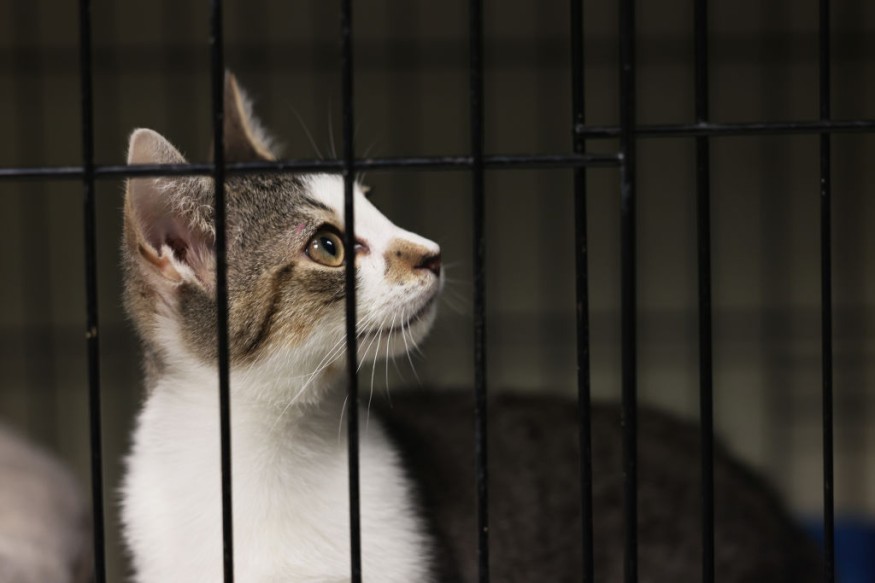
A new study has found out that cats on vegan diets were healthier than their meat-fed counterparts.
In a survey of cat owners, those who fed their cats vegan foods were reported to have better health results than those who fed meat-based diets; however, the differences were not statistically significant.
The findings reassure a rising number of pet owners who are contemplating alternate meals for their pets.
"Biologically, what cats need is not meat, but a specific set of nutrients, said Prof Andrew Knight, of the University of Winchester, who led the research. "There's no scientific reason why you can't supply all the necessary nutrients through plant additives."
Vegan diet
The study, which was published in the journal Plos One, polled 1,369 cat owners, with around 9% of them feeding their cat a vegan diet.
When asked about 22 particular health conditions, 42% of owners whose cats ate a meat-based diet reported at least one disorder, while 37% of owners whose cats ate a vegan diet reported at least one disorder.
For example, as compared to owners of meat-eating cats, owners of vegan cats reported fewer veterinary visits, less medication use, and that their physician would describe their cat as healthier.
Overall, the vegan cats outperformed the non-vegan cats on all health measures.
However, there was no statistically significant difference in the reported health markers of cats on vegan diets and those on meat-based diets after analysis.
The researchers could not rule out the possibility that the cats obtained meat in other ways, but noted that this was unlikely to alter the findings.
Knight explained that most of the cats on vegan diets were indoor cats, while meat-eating cats were hunting outside.
Pet food production
The manufacturing of pet food has a substantial environmental impact, and an increasing number of cat and dog owners are interested in alternate diets.
According to a 2017 study, the manufacture of meat-based cat and dog food emits the equivalent of 45 to 70 million tons of carbon dioxide per year in the United States.
Cats require a high-protein diet that includes elements found exclusively in meat, such as taurine. However, these nutrients can be synthesized or derived from specific plants and supplemented with vegan foods.
In some circumstances, meat-based foods must be supplemented as well because nutrients can be lost during processing.
The British Veterinary Association had previously warned against feeding alternative diets to pets but has since stated that it is revising its position.
"There is increasing interest among pet owners around alternative diets for pets and while there is a lot of ongoing research into the impacts of vegan diets in particular, there has been a lack of robust data mapping the health consequences of this diet over time," said Justine Shotton, the association's senior vice-president.
The group has recently created a companion animal food working group, which will shape our future recommendations in light of ongoing research.
But in the meantime, they advised pet owners to consult with their veterinarian before modifying their pet's diet.
The cat vegan food market is now worth an estimated US$9.3 billion.
Related Article : The Science-Backed Benefits Of Following A Vegan Diet
Related Video:
© 2025 NatureWorldNews.com All rights reserved. Do not reproduce without permission.





